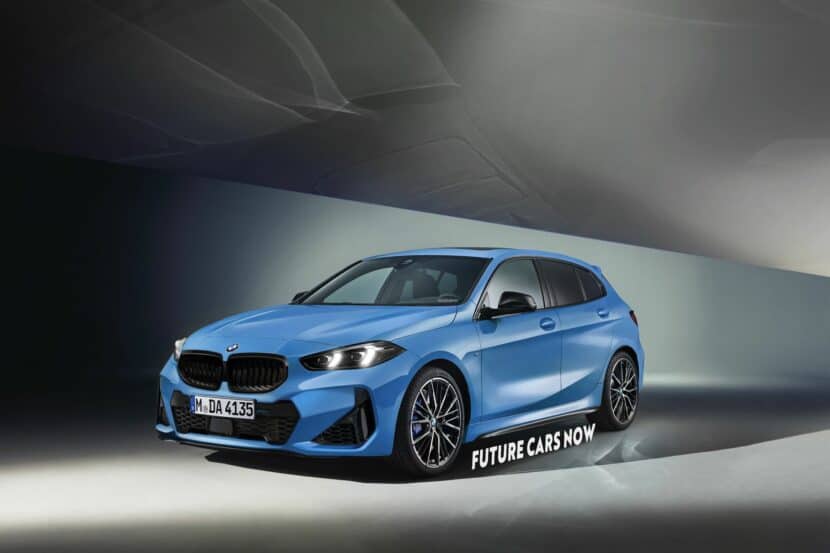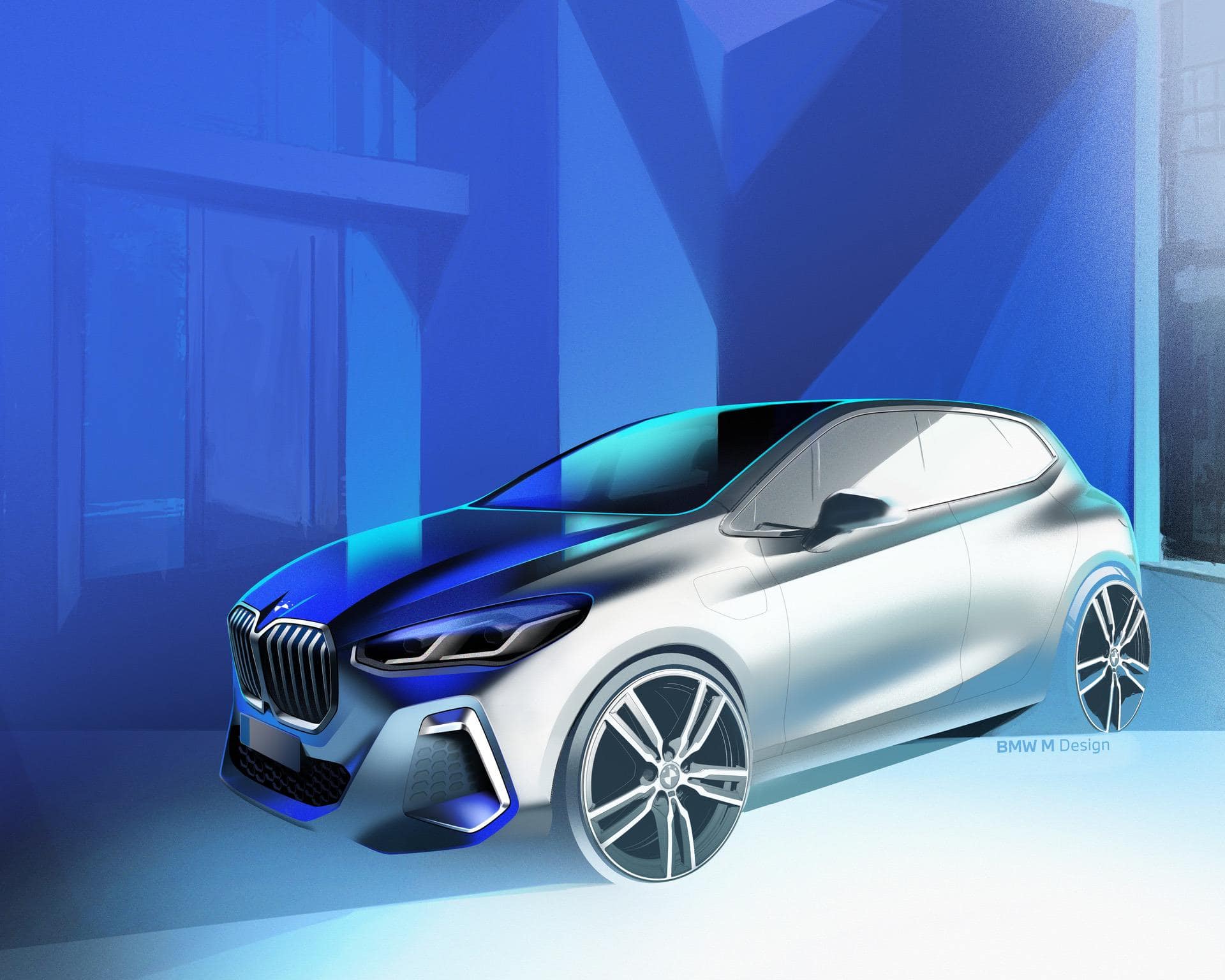BMW is likely to roll out their first ever i1 electric car in 2028. In a conversation with the automotive publication Automobilwoche, Frank Weber, the head of development, expressed a strong inclination towards the possibility of introducing a new model to address the gap left by the discontinuation of the i3 hatch last year. Weber acknowledged the evident demand for an affordable, compact BMW option and disclosed that the highly promising Neue Klasse platform is being tailored to encompass various market segments, including the development of an entry-level electric vehicle.
F70 vs. NB0 Models

Of course, there will be a conventional 1 Series in the mean time. The F70 hatchback – a front-wheel drive car – rolls out next year before it bows out in 2023. So naturally, there will be an overlap in terms of the 1 Series hatchback with different drivetrains. And while the F70 models will stay true to their FWD ULK architecture, the Neue Klasse i1 (NB0) could go into a different direction. Electric vehicles are not bound to a certain axle, they can be front-wheel drive, rear-wheel drive, all-wheel drive, or even independently operating three or four motors. So lots of possibilities for future BMW EVs.
At present, the 1 Series primarily adopts a front-wheel drive platform, largely driven by cost considerations. Through the platform’s shared usage across various models, and even extending to other brands such as MINI, BMW can maintain its competitiveness in the lower market segments, which have not traditionally been their focus. However, with Neue Klasse poised to become the exclusive architecture for both BMW and MINI in the future, the cost-saving element could already be addressed.
FWD or RWD BMW i1?
Hence, the question arises: Should forthcoming electric vehicles like the BMW i1 (hatchback) or i2 (gran coupe) adhere to a front-wheel drive platform, or should they transition to the more exhilarating and joy-inducing rear-wheel drive characteristics? If BMW has the flexibility to select the layout for its vehicles, why not opt for a rear-wheel drive foundation for the BMW i1? After all, BMW is primarily known for its rear-wheel drive heritage. It will also be a great replacement for the often under-appreciated BMW i3 hatchback.
Nevertheless, BMW appears to believe that customers in these segments are more accustomed to and comfortable with front-wheel drive dynamics. While this might seem counterintuitive to enthusiasts, it likely makes practical sense. They will also be the cheapest BMW EVs you can get. So we’ll see which direction BMW will take in 2028.
[Top Image: BMW 2 Series Gran Coupe Sketch]





































































